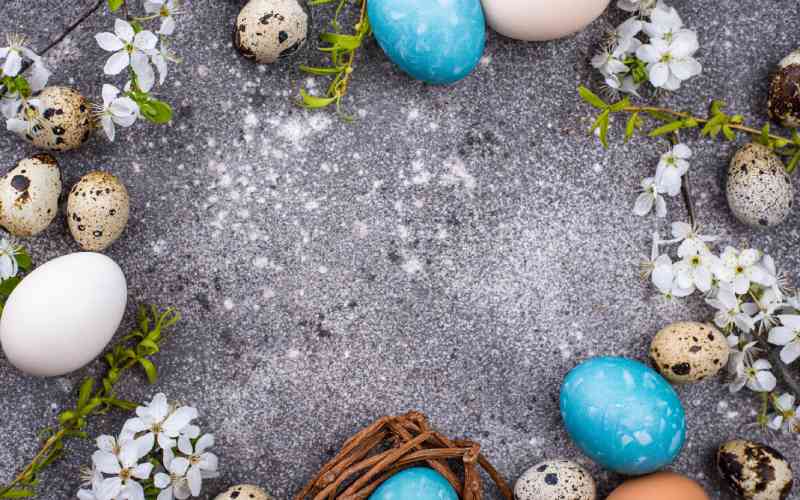×
The Standard e-Paper
Kenya’s Boldest Voice

For the second year running, Christians all over the world will have uneventful Easter celebrations. At the onset of the Covid-19 in the year 2020, the Easter holiday was the first among major celebrations to be sacrificed at the altar of measures that were taken by various countries to try and curb the pandemic. However, Covid-19 notwithstanding, life must go on, and though varied across the world, the Easter customs and traditions will be abided by. What are they and where did they begin?
Easter Bunny and eggs